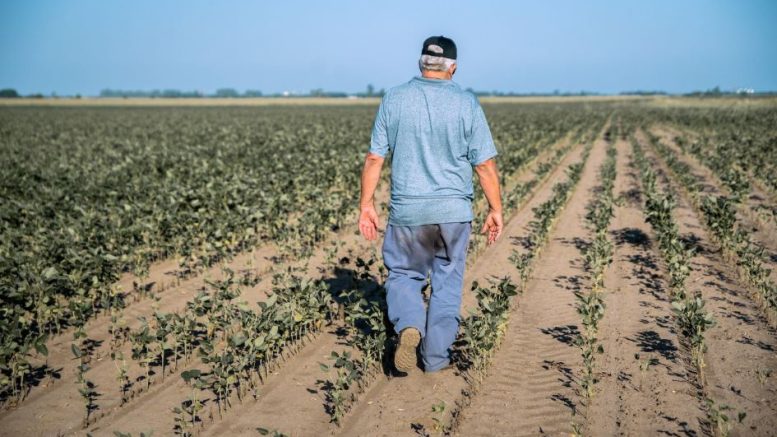“The restrictions and stagnation facing the Argentine economy are not external, but internal…”
Esteban Barelli is head of the Economics Department at Movimiento CREA, an Argentine farmers’ organization. Barelli holds a degree in agronomy from the Universidad Nacional del Sur and a PhD in economics from the Universidad de Buenos Aires.

Esteban Barelli, Movimiento CREA
AgriBrasilis – Why are Argentine farmers unable to cover their costs?
Esteban Barelli – The numbers don’t add up due to three main factors that affect the competitiveness of Argentine agriculture:
- Low international prices, similar to those seen during the pandemic;
- Appreciation of the Argentine peso (ARS), which reduces the competitiveness of revenue relative to costs;
- Retenciones (export taxes) of 26% for soybeans, 5% for meat, and 9.5% for wheat and corn.
AgriBrasilis – What measures could alleviate this problem?
Barelli – Improving competitiveness requires several measures. The government has already reduced customs duties and made it easier to import inputs and machinery. However, as international prices and the dollar exchange rate are not under internal control, it is essential to move forward with the elimination of withholding taxes.
It is also necessary to continue with microeconomic reforms that effectively increase the competitiveness of the economy.
“…Argentina offers virtually no long-term credit in local currency, and high inflation generates volatile interest rates.”
AgriBrasilis – What are the consequences of changes in the retention policy?
Barelli – The recent reduction is a step in the right direction, as it increases the margin of agro-industrial chains. But this was a limited measure, which made permanent a transitional measure that had been granted in January.
Retentions have been in place for over 20 years and their negative effects affect not only agriculture, but the entire economy. Argentina experiences cycles of crisis in which the lack of dollars leads to devaluation of the peso and increased poverty, a phenomenon known as “external restriction.” However, retentions are an internal problem, the result of anti-export policies that send the wrong signals to the productive sector. The result is a lag in area, production, and exports compared to competitors such as Brazil.
AgriBrasilis – CREA points out that investment in technology in agriculture is declining. Why is this happening?
Barelli – In addition to the macro scenario, Argentina offers virtually no long-term credit in local currency, and high inflation generates volatile interest rates. This limits planning and shortens decisions on when to buy inputs and when to sell production.
Despite some stability after the change of government, we are still in a transition period. Inflation and structural reforms are only halfway through. Tight margins and retentions reduce the incentive to invest in technology, as farmers receive the international price minus tax but pay full price for inputs. Between 2021 and early 2024, inputs were even more expensive due to import restrictions, a problem that has recently been corrected.
READ MORE:

